Libraria is a platform that allows users to create, manage, and embed custom AI assistants from their own data using Open AI embeddings. The platform claims to offer a simple and user-friendly process to import or sync documents, as well as API integrations with popular services like Google and Shopify, to create an AI assistant that can answer queries based on the imported data. In this review, we will look at the features, pricing, pros and cons, and use cases of Libraria.
Features
Libraria offers a range of features to customize and enhance the AI assistant’s capabilities and performance. Some of the main features are:
- User-defined bot naming: Users can choose their own name for the AI assistant, such as Libby, Alice, or Bob.
- Customizable avatar: Users can select from a variety of avatars or upload their own image to represent the AI assistant.
- Customizable prompts: Users can define the prompts that the AI assistant will use to greet, ask, and answer the queries.
- Integrations for data sync: Users can import or sync documents from various sources, such as Google Drive, Dropbox, Notion, Shopify, and more, to provide the data for the AI assistant. The platform also supports URL and XML scraping, as well as Oauth integrations, to fetch and update the data automatically.
- Markdown responses, with images, code, and links: The AI assistant can respond to queries in full markdown, with the ability to include images, code blocks, links, and other formatting elements.
- Create step-by-step instructions: The AI assistant can provide step-by-step instructions to users with lists, such as how to use a feature, how to troubleshoot a problem, or how to perform a task.
- Feedback dashboard: Users can view and rate the AI assistant’s responses on the feedback dashboard, which helps to improve the assistant’s accuracy and relevance over time.
- Chat view and library integration: Users can interact with the AI assistant in a chat view, or access the library of documents that the assistant is based on. The platform also allows users to manage the authorities and privacy settings of the AI assistant and the documents.
- Create multiple assistants: Users can create multiple AI assistants for different purposes, such as for their customers, for their team, or for themselves. Users can also brand the assistants depending on their audience and back them with data relevant to them.
- Embeddable widget for websites: Users can embed the AI assistant as a widget on their websites, which enables their visitors to ask questions and get answers from the assistant.
- GPT-4 availability: Users can opt for the GPT-4 model, which is the latest and most advanced version of Open AI’s language model, to power their AI assistant. This feature is only available for the Enterprise plan.
Pricing
Libraria offers different pricing plans, with the free plan allowing users to try most of the tool’s features, create a single assistant, and one team. The free plan also includes 10,000 characters of content and 100 queries per month.
The Team and Enterprise plans offer better value for large teams with lots of queries, with millions of characters of content and 100,000 queries per month. The pricing of these plans varies depending on the number of assistants, teams, integrations, and other features. Users can contact the platform for a custom quote.
The platform also uses a credit system, where users can purchase credits to access additional features, such as GPT-4, custom subdomain, assistant landing page, file upload capability, and more. Users can also use credits to increase their content and query limits. However, the credit system can be confusing and expensive, as users have to pay extra charges after they run out of credits.
Pros and Cons
Libraria has many advantages, such as:
- It enables users to create custom AI assistants from their own data, without any coding or technical skills.
- It offers a simple and user-friendly process to import or sync documents, as well as API integrations, to provide the data for the AI assistant.
- It allows users to customize their assistant’s name, avatar, prompts, integrations, and more to match their branding.
- It supports full markdown responses, with images, code, links, and other formatting elements.
- It can provide step-by-step instructions to users with lists.
- It has a feedback dashboard to improve the assistant’s performance over time.
- It offers a chat view and library integration, with the ability to manage authorities and privacy settings.
- It empowers users to create multiple assistants in one place for their customers or for themselves, ensuring that their team is always on the same page by creating knowledge bases that are easy to access and update.
- It supports different languages, automatic syncing with sources, different response types, and privacy features for assistants.
- It has an embeddable widget for websites, which can increase user engagement and conversion.
- It has GPT-4 availability, which can enhance the assistant’s intelligence and naturalness.
However, Libraria also has some drawbacks, such as:
- It has a limited free plan, which restricts the number of assistants, teams, integrations, content, and queries.
- It has a subscription-based pricing, which can be costly for some users, especially if they need to access many features or have high query volumes.
- It has a confusing credit system, which can result in extra charges after users run out of credits.
- It has a limited document sync, which only supports PDF, DOCX, and TXT formats.
- It has a two-day turnaround for integrations, which can delay the creation and update of the AI assistant.
- It has a limited team size in the free plan, which only allows up to three members.
- It has privacy settings only in the app, which means that users cannot control who can access their documents or assistants outside the platform.
- It has additional charges for exceeding queries, which can increase the cost of using the platform.
Use Cases
Libraria can be useful for various use cases, such as:
- Customer support: Users can create an AI assistant that can answer common questions from their customers, such as about their products, services, policies, or orders. This can reduce the workload of the customer support team, improve customer satisfaction, and increase retention and loyalty.
- Knowledge management: Users can create an AI assistant that can provide information and insights from their documents, such as reports, manuals, guides, or articles. This can help users to access and update their knowledge bases, share their expertise, and learn new things.
- Education: Users can create an AI assistant that can teach and tutor their students, such as by explaining concepts, giving examples, providing feedback, or testing their knowledge. This can enhance the learning experience, increase engagement, and improve outcomes.
- Personal assistant: Users can create an AI assistant that can help them with their personal tasks, such as by managing their schedule, booking appointments, making reservations, or ordering food. This can save time, money, and hassle, and make life easier.
Conclusion
Libraria is a platform that enables users to create, manage, and embed custom AI assistants from their own data using Open AI embeddings. The platform offers a range of features to customize and enhance the AI assistant’s capabilities and performance, such as user-defined bot naming, customizable avatar, markdown responses, step-by-step instructions, feedback dashboard, multiple assistants, embeddable widget, and GPT-4 availability. The platform also offers different pricing plans, with the free plan allowing users to try most of the tool’s features, create a single assistant, and one team. However, the platform also has some drawbacks, such as a limited free plan, a subscription-based pricing, a confusing credit system, a limited document sync, a two-day turnaround for integrations, a limited team size in the free plan, privacy settings only in the app, and additional charges for exceeding queries. Libraria can be useful for various use cases, such as customer support, knowledge management, education, and personal assistant. Libraria is a platform that can help users to create custom AI assistants that can answer queries based on their own data, without any coding or technical skills. However, users should also be aware of the platform’s limitations and costs, and compare it with other alternatives before deciding to use it.






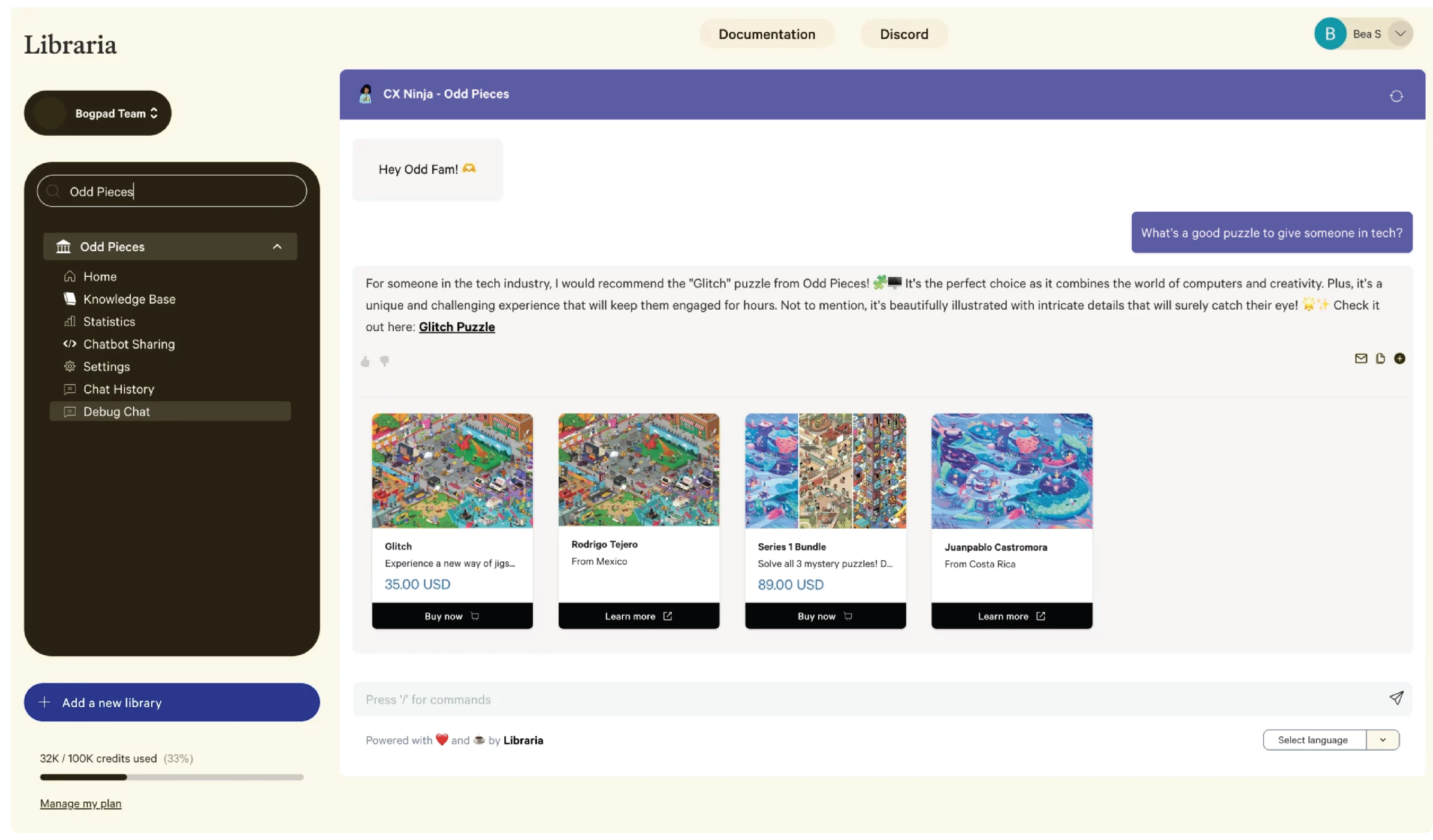
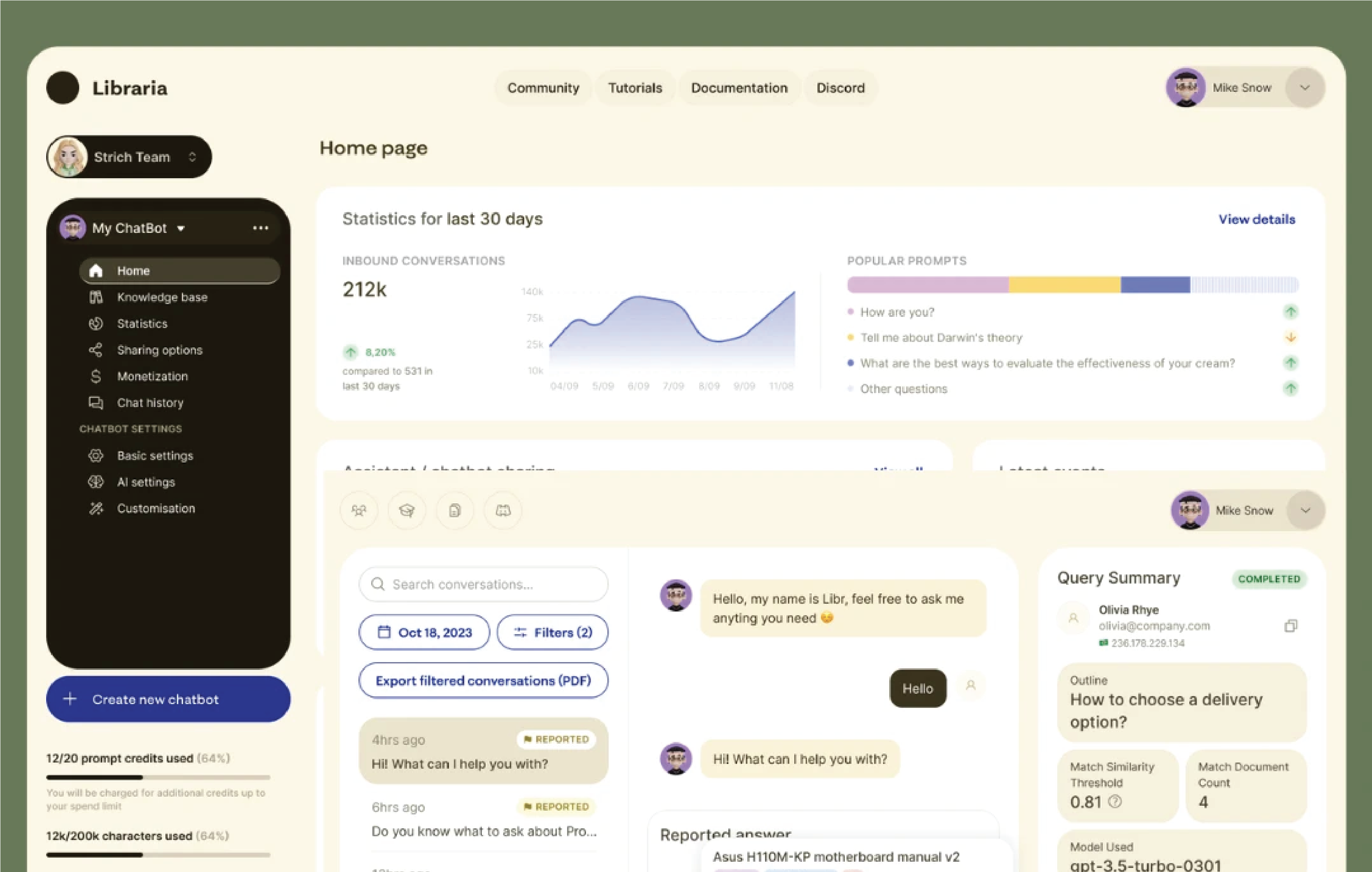
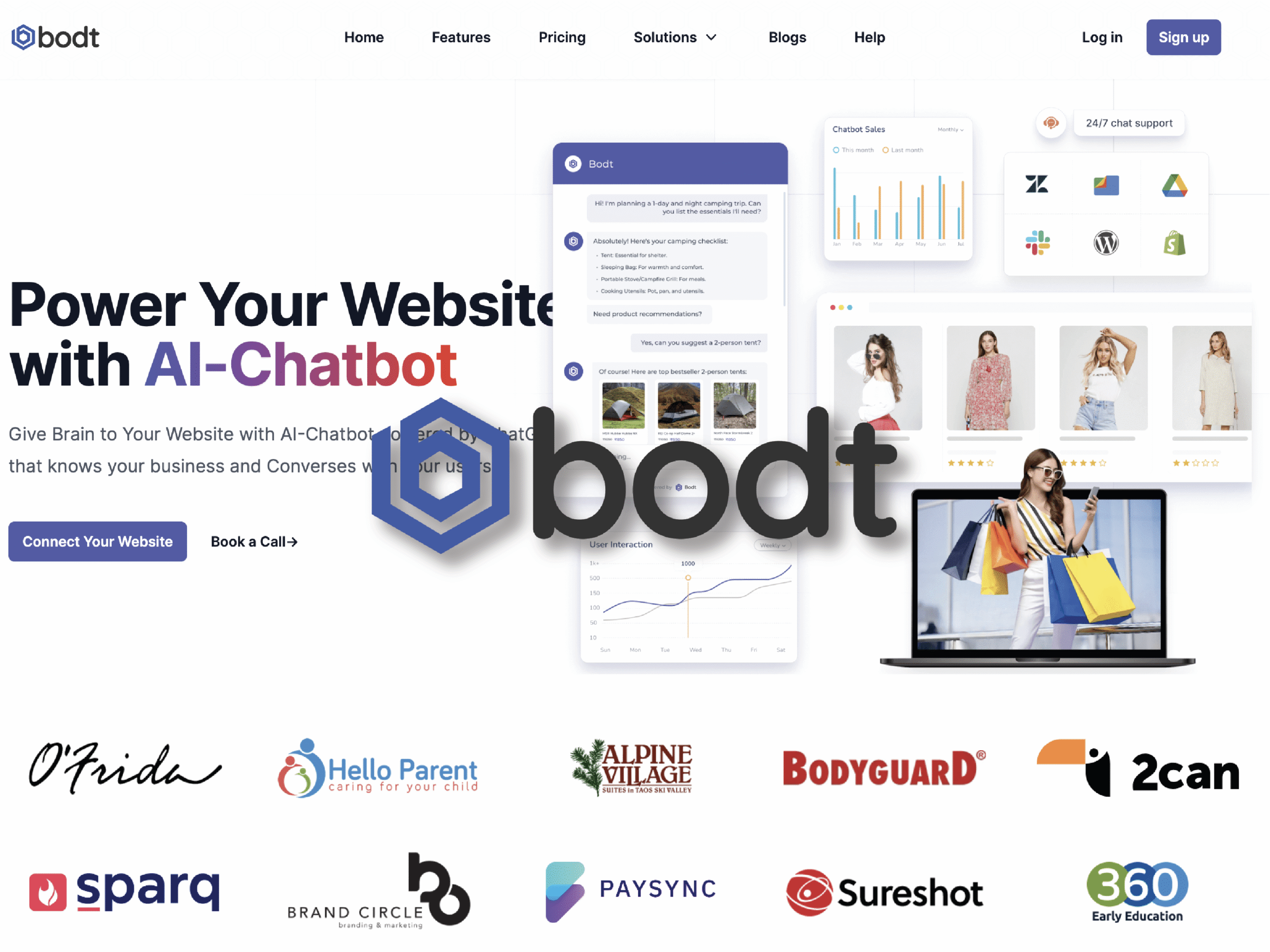
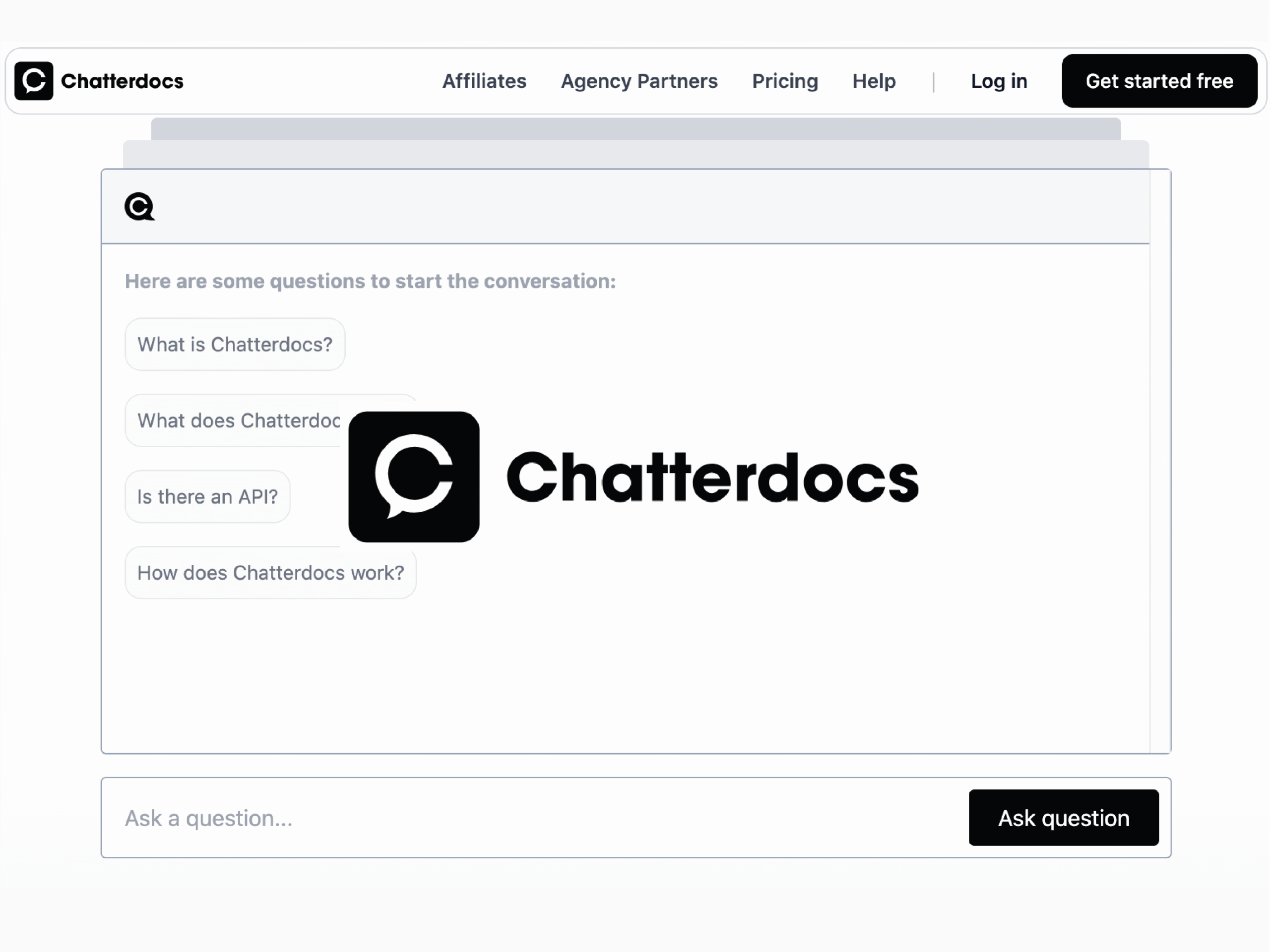
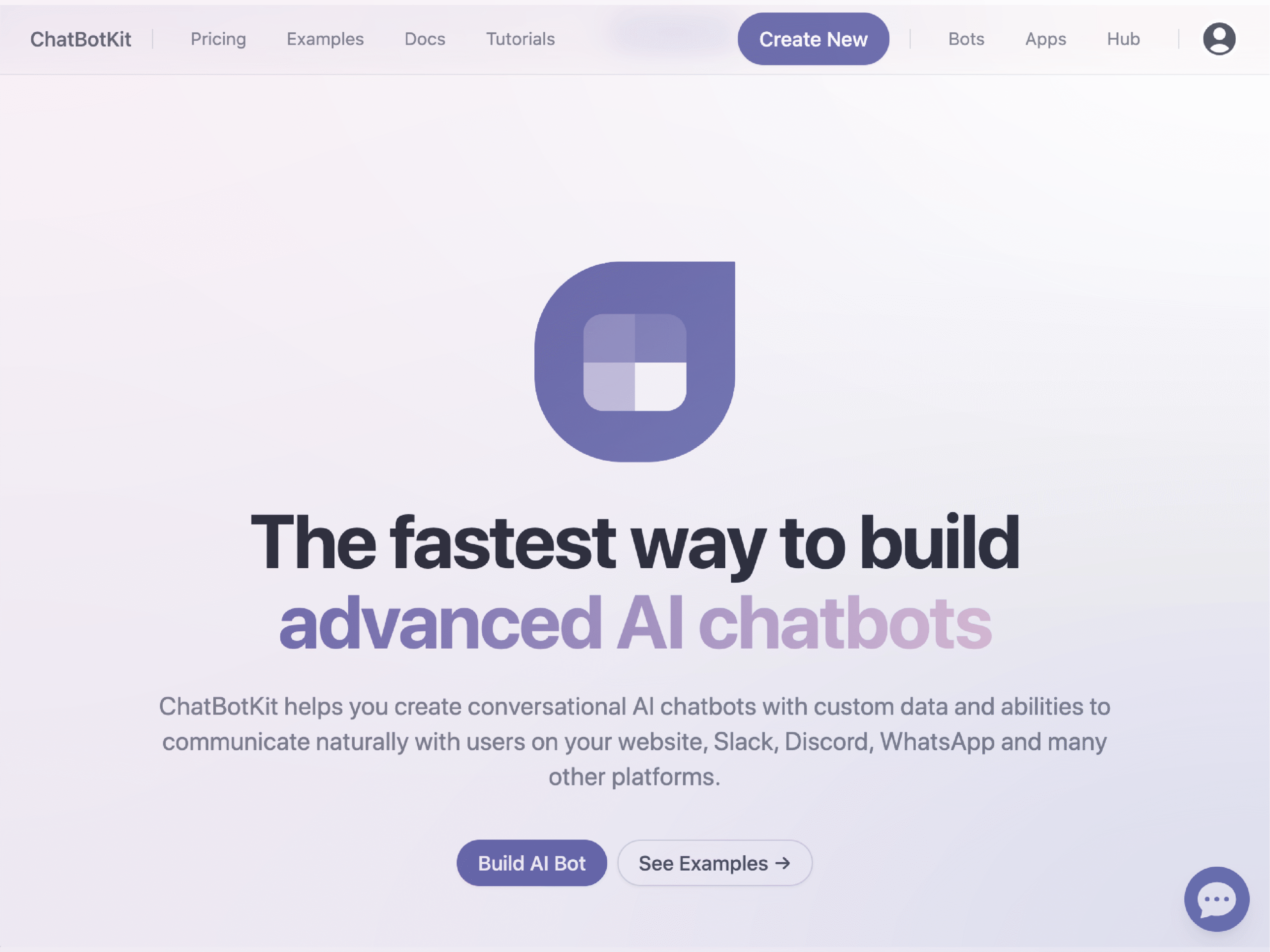

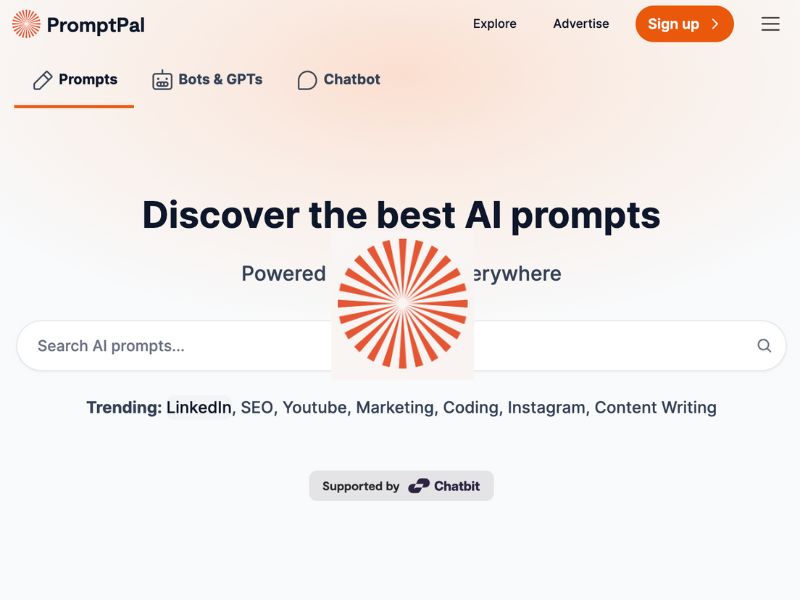

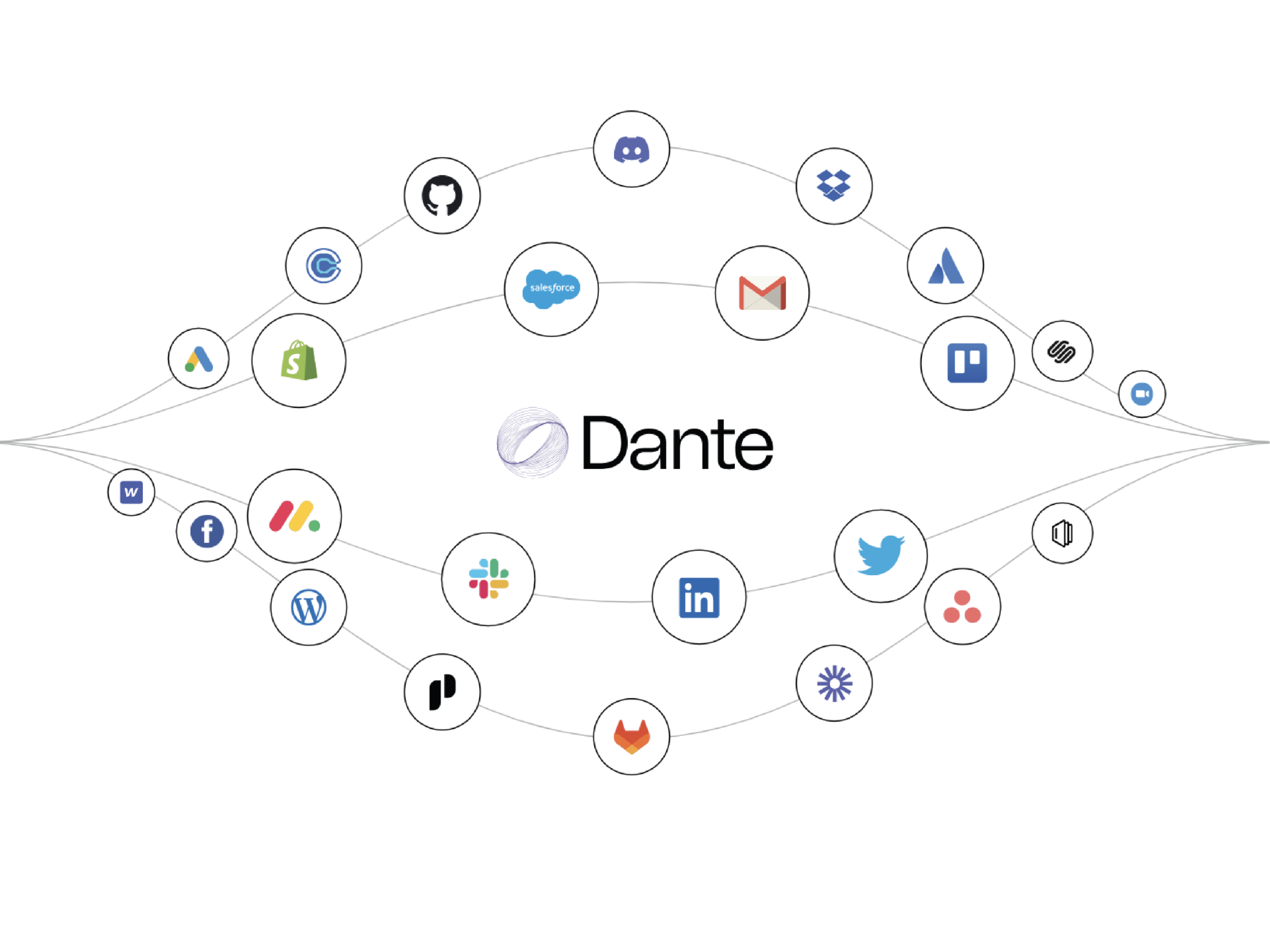
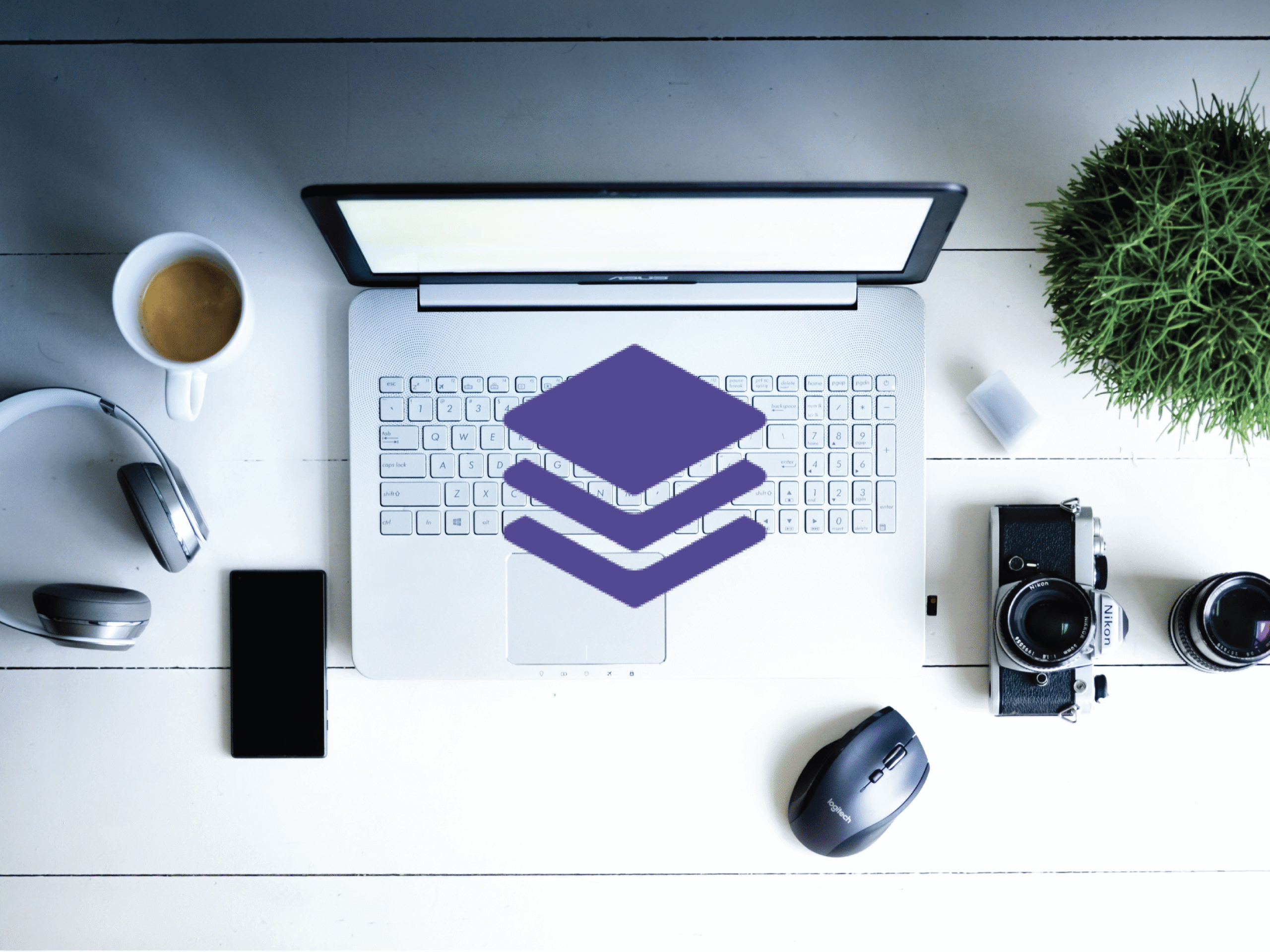
Reviews
There are no reviews yet.